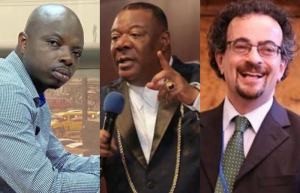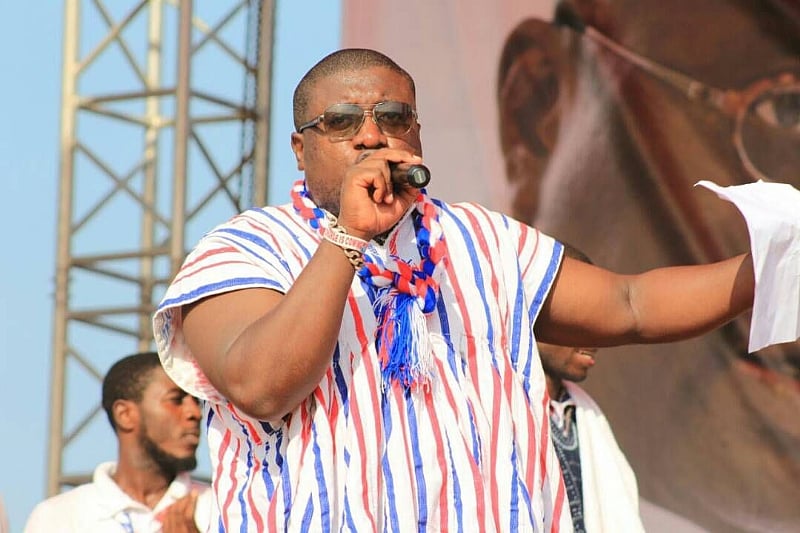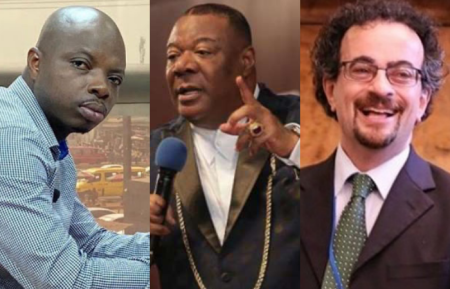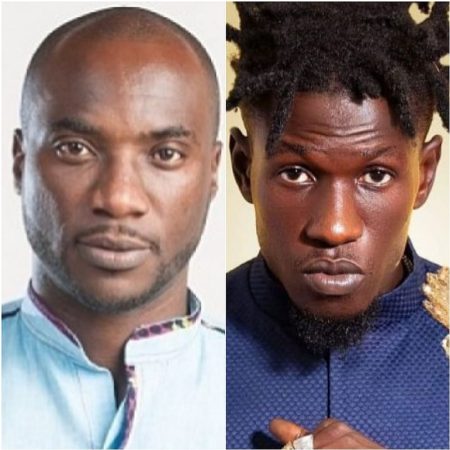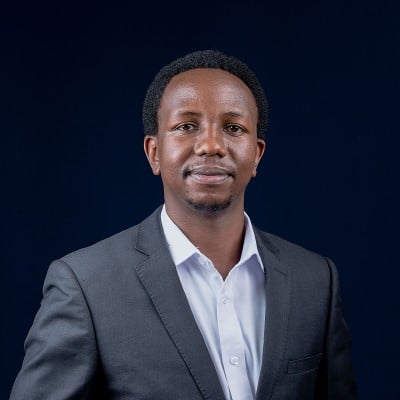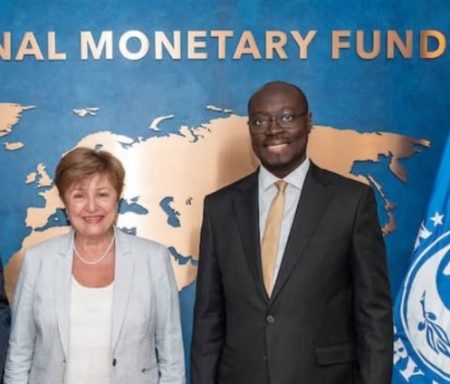The New Patriotic Party (NPP), Ghana’s primary opposition party, is exuding confidence about its prospects for the 2028 general elections, projecting a return to power after its defeat in the 2024 polls. Henry Nana Boakye, the party’s National Organizer, asserts that despite the current public goodwill enjoyed by the incumbent National Democratic Congress (NDC), the ruling party’s trajectory is unsustainable. He predicts a rapid decline in public trust for the NDC, creating an opportune moment for the NPP to recapture the electorate’s favor. This optimistic outlook, according to Nana B, is grounded in the NPP’s ongoing reorganization and strategic repositioning as the party best equipped to deliver economic prosperity to Ghanaians.
Nana B’s confidence stems from what he perceives as early missteps by the NDC. He believes that the ruling party is already deviating from the promises that secured its victory, a trend he predicts will intensify and erode public confidence. This anticipated decline in the NDC’s popularity, coupled with the NPP’s concerted efforts to restructure and reconnect with the electorate, forms the basis of Nana B’s conviction that the NPP will triumph in 2028. He outlines a strategy focused on highlighting what he terms the “failed promises” of the NDC, aiming to expose discrepancies between the party’s rhetoric and its actions in governance. This proactive approach, he anticipates, will resonate with voters and shift the political tide back in the NPP’s favor.
Central to the NPP’s revitalization strategy is the ongoing internal reorganization. The party is undertaking a comprehensive restructuring process to address the shortcomings that contributed to its defeat in the previous election. This revamp includes a clearly defined timeline for leadership selection, culminating in the election of a new presidential candidate on January 31, 2026. This early preparation, Nana B argues, provides the NPP with a significant advantage, allowing ample time to build momentum and present a united front ahead of the 2028 polls. He contrasts this with the anticipated challenges the NDC will face, particularly the need to select a new flagbearer given President John Mahama’s ineligibility to contest after serving two terms.
The NPP’s reorganization efforts extend beyond simply choosing a new leader. The party is actively working to rebuild its grassroots support, strengthen its communication strategies, and refine its policy platform. This comprehensive approach, according to Nana B, is designed to ensure the party is not only prepared for the next election cycle but is also capable of addressing the nation’s challenges effectively. He emphasizes the importance of learning from the previous electoral loss and adapting to the evolving political landscape, aiming to present a renewed and invigorated NPP to the Ghanaian electorate.
Nana B’s assertions underline a broader political narrative in Ghana—the cyclical nature of power and the constant shifting of public opinion. He portrays the NDC’s current popularity as transient, subject to the inevitable scrutiny that accompanies governance. He posits that the initial goodwill bestowed upon a newly elected government often dissipates as the realities of governing and the complexities of policy implementation come to the fore. This, he suggests, is the inevitable trajectory the NDC is currently on, paving the way for the NPP’s resurgence.
Ultimately, the NPP’s confidence for 2028 rests on a multi-pronged strategy: capitalizing on perceived NDC shortcomings, undertaking internal reforms to enhance the party’s structure and appeal, and presenting a compelling vision for Ghana’s future. Whether this optimism translates into electoral success remains to be seen, but the NPP’s early pronouncements and proactive approach signal a determined effort to reclaim its position at the helm of Ghanaian politics. The next few years will be crucial in determining whether the party can effectively execute its strategy and convince the electorate that it represents the best path forward for the nation.


